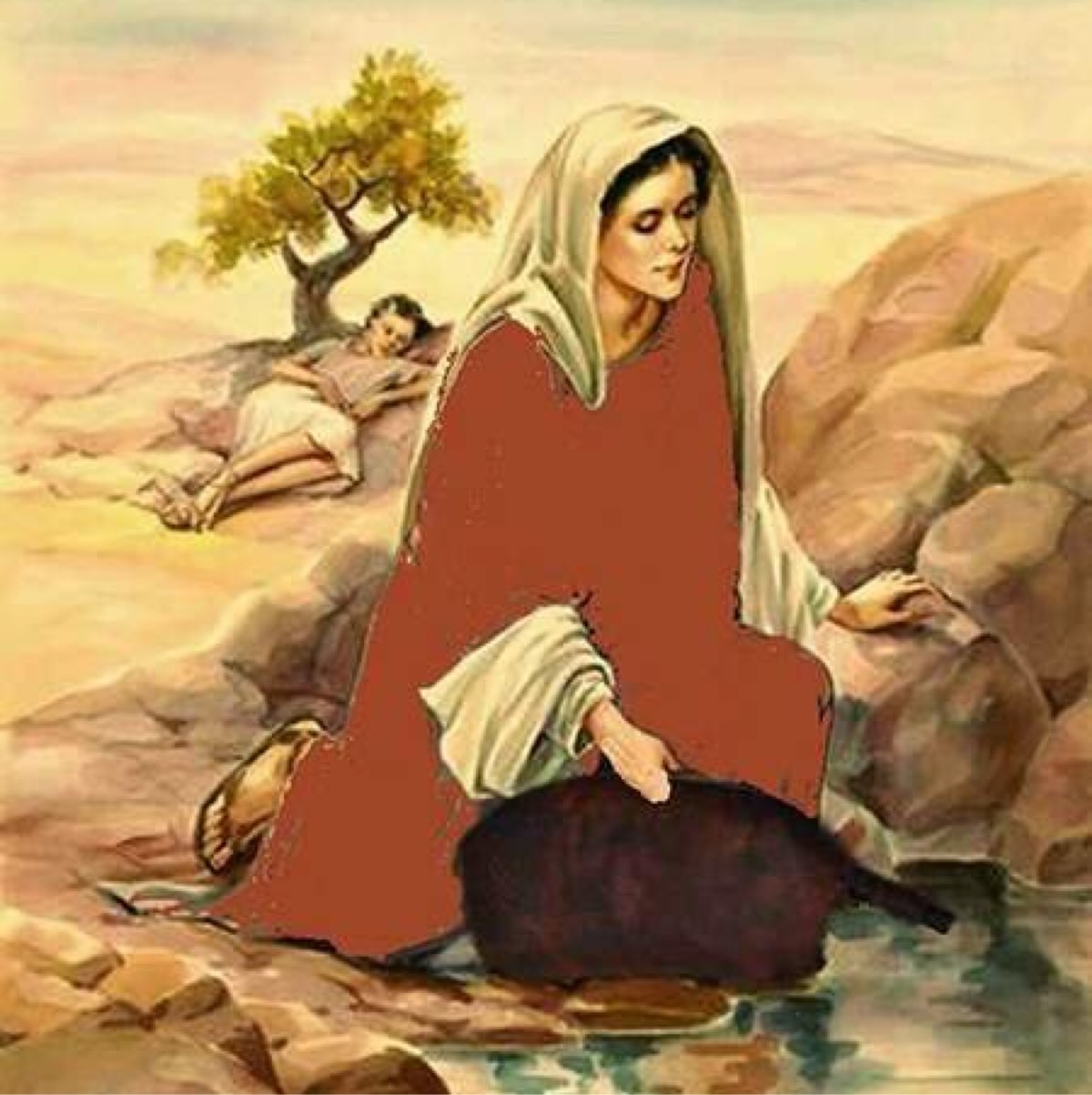Did Bible scholars debate Ishmael's age when he left Abraham's house?
Yes, classical Bible scholars have indeed debated Ishmael's age when he and his mother Hagar were sent away from Abraham's household. The primary source of this debate stems from the biblical texts in Genesis.
According to Genesis 21, verses 8-14, the event occurred after Isaac was weaned. Since weaning typically happened around the age of three in ancient times, Ishmael would have been around 17 years old, given that he was 14 years older than Isaac. However, some interpretations of the text suggest that Ishmael is depicted as a much younger child, which has led to discussions about potential inconsistencies or symbolic interpretations within the narrative.
This debate highlights the complexities and nuances in interpreting ancient texts, where cultural, historical, and linguistic contexts play significant roles.
Some people think that Ishmael, when sent away by Abraham in the Torah, was just a young child, not a teenager, based on the phrase "and he grew" in Genesis 21, verse 20. They point out that the Hebrew word "yelid" is used for both Ishmael and baby Moses (Exodus 2, verse 6). How do they explain this argument?
The argument is articulated by pointing out the use of the Hebrew word "yelid" in both Genesis 21, verses 14 to 15, and Exodus 2, verse 6. In these verses, "yelid" is used to describe both Ishmael and infant Moses. Supporters of the argument claim that since "yelid" is used to describe Moses when he was an infant, it should also be understood to mean that Ishmael was still a young child in Genesis 21, verse 20.
Additionally, the phrase "and he grew" in Genesis 21, verse 20, is interpreted by some to imply that Ishmael was still in the process of growing and developing, suggesting a younger age. They argue that if Ishmael were already a teenager or older, it would not be necessary to mention his growth.
It should be noted, however, that interpretations of biblical texts can vary, and different scholars or readers may have different understandings of the intended meaning.
Here is how the Jewish scribe manipulated Ishmael's story:
1. The age of Ishmael at the time of his departure from Abraham's house.
2. Abraham's son, who was offered as a sacrifice.

